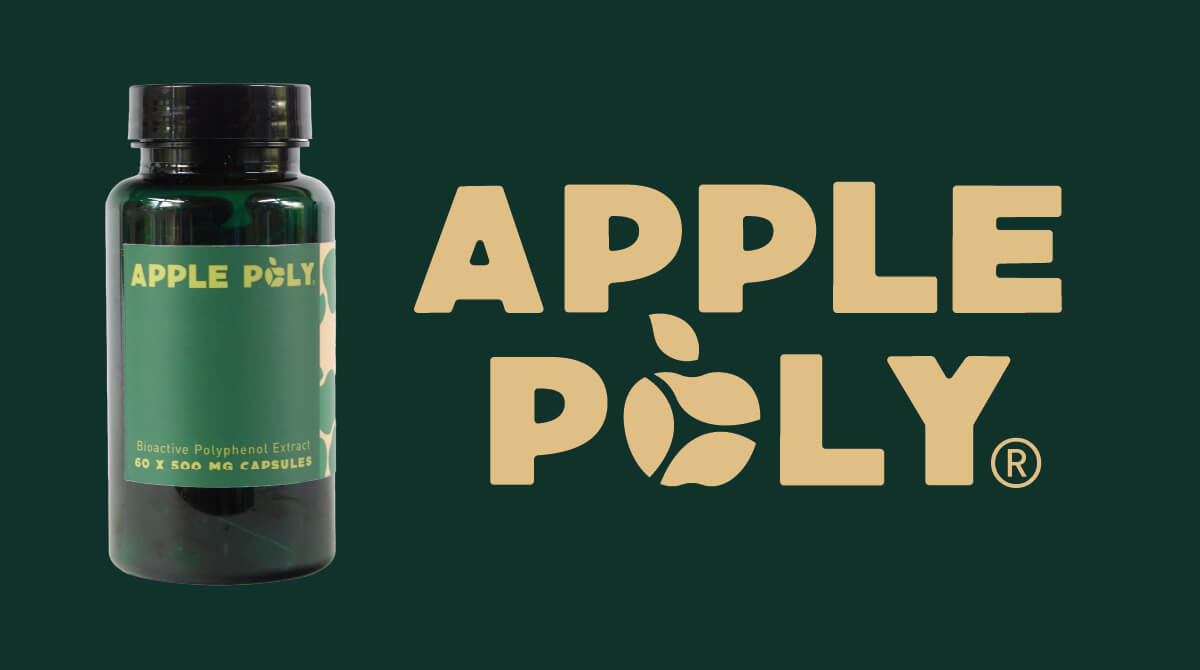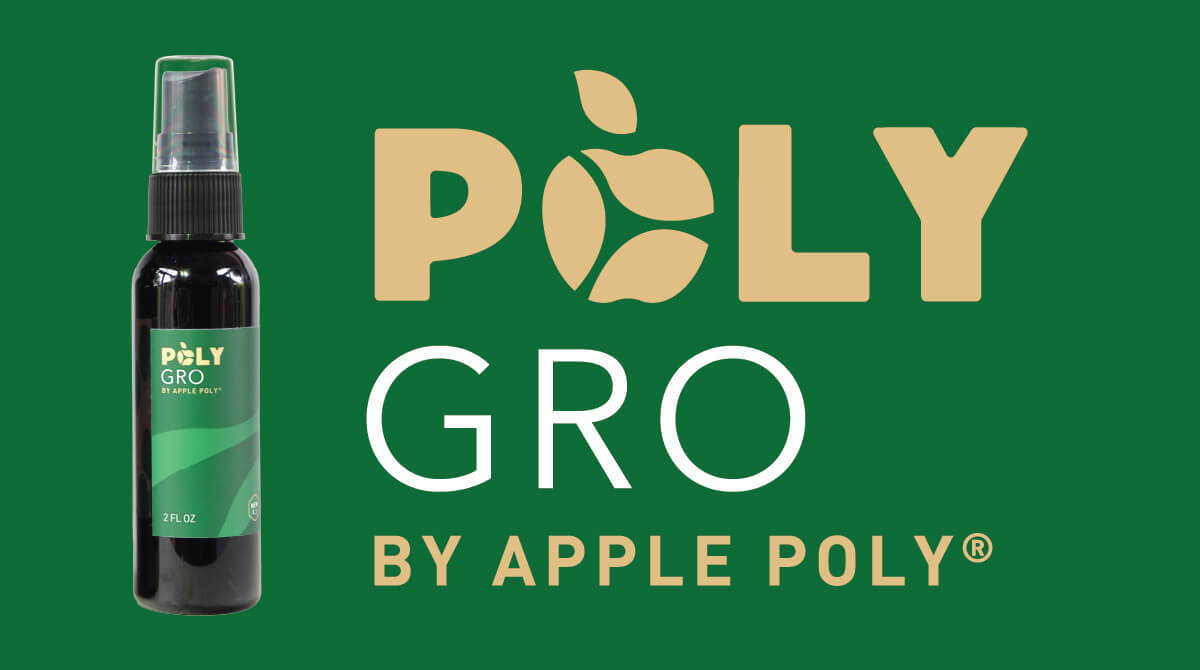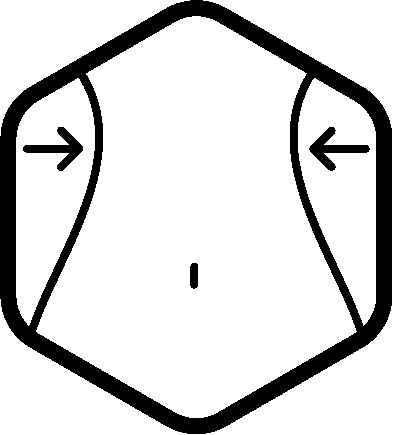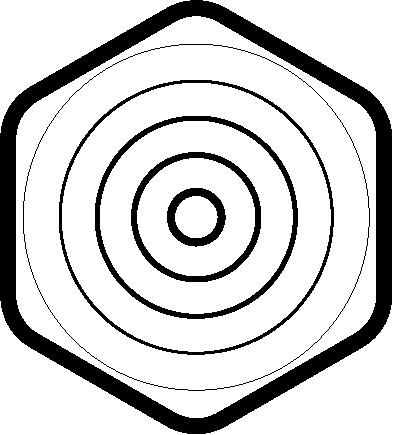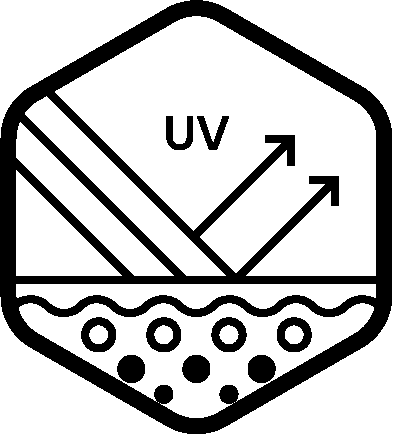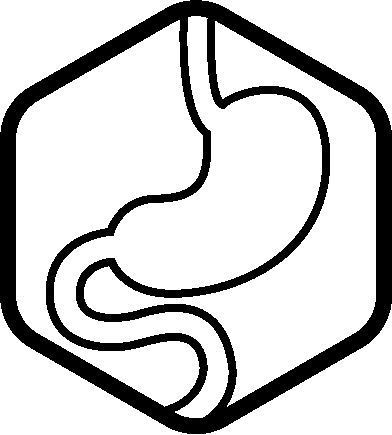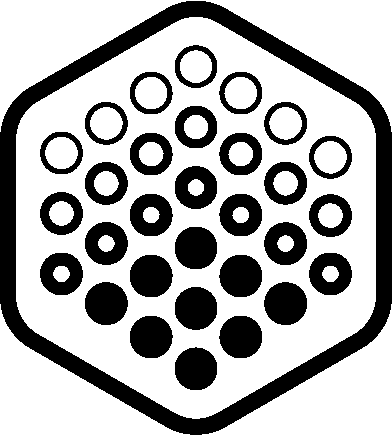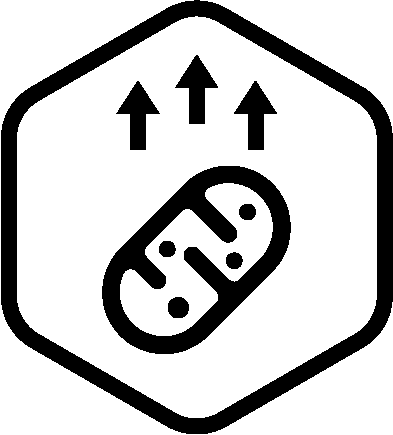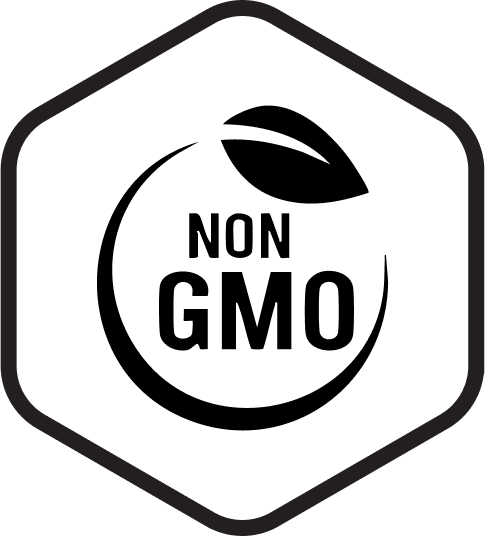Publication Date:
2011-08-30
Institutions involved:
- Department of Food Science and Technology at the Institute of Agriculture and Life Science, Gyeongsang National University, South Korea
Duration:
Laboratory study
Dosage:
Dose dependent effects
Learn more
Try Apple Poly Now
Key Takeaways:
Anti-wrinkle: Apple peel extract inhibited elastase (an enzyme that breaks down your skin) activity by 46.4%, suggesting clear anti-aging potential.
Protective: Demonstrated UV-B absorption and robust antioxidant capacity. Peel extracts showed >3x the polyphenol power vs. apple flesh extracts.
Brightening: Suppressed melanin synthesis in melanocytes—outperforming other age-spot reducers at high doses.
Apple Poly Summary:
Why is this study important? This study evaluated the skin-brightening and anti-wrinkle effects of apple extracts in human volunteers. After four weeks of topical application, participants showed significant improvements in melanin reduction and wrinkle depth—supporting the cosmetic potential of apple-derived polyphenols for skin tone and aging.
In Plain English: Researchers tested a cream made with apple extract to see if it could help brighten skin and smooth out wrinkles. After a month of use, people had lighter dark spots and fewer fine lines. The results suggest that apples might help your skin look clearer and younger when used in skincare products.
For Medical Professionals: In this 4-week human trial, topical application of apple extract–infused cream led to statistically significant reductions in melanin index and wrinkle depth, as measured by skin analysis instrumentation. The extract demonstrated tyrosinase inhibition and elastase suppression in vitro, suggesting dual action on melanogenesis and dermal matrix degradation. These findings support the use of apple polyphenols as functional cosmetic ingredients for hyperpigmentation and wrinkle prevention.
Abstract:
This study examined the whitening and anti-wrinkle effects of ethanol extracts from apple (Malus pumila Mill) peel and flesh. Among the solvent-partitioned fractions, the ethyl acetate (EtOAc) extracts of both peel and flesh showed the highest total phenolic content and strongest antioxidant activity, as assessed by ABTS and FRAP assays. The EtOAc extract of apple peel exhibited significant inhibition of melanin synthesis in B16F10 melanoma cells in a dose-dependent manner. It also demonstrated elastase inhibition activity (46.4% at 100 μg/mL) and absorbed UV-B light. These findings suggest that apple peel EtOAc fractions, rich in polyphenols, may serve as functional ingredients in whitening and anti-aging skin formulations.
https://doi.org/10.11002/kjfp.2011.18.4.597
